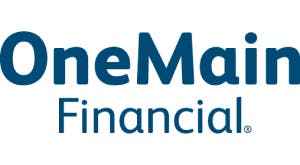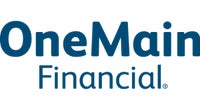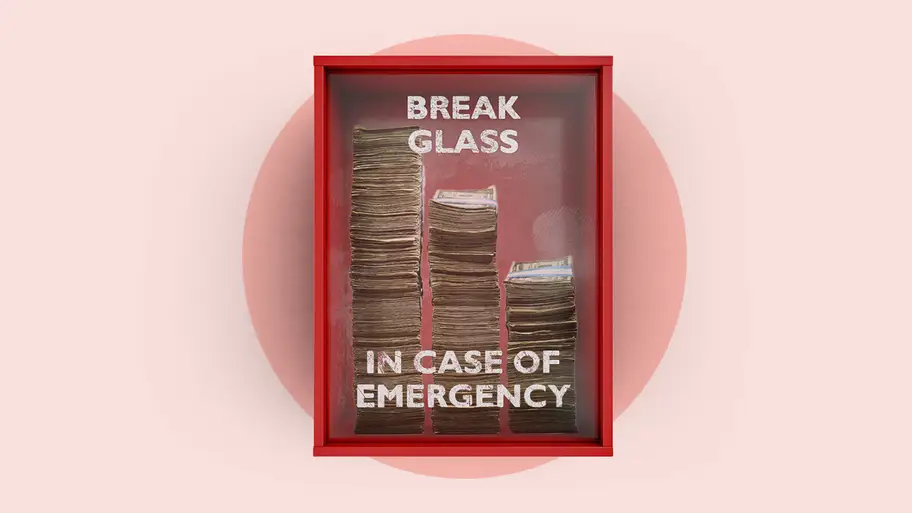Known qualification requirements
- Minimum FICO score of 600
Fees
- Origination fee of 0.99% to 9.99%
- $15 late payment fee
- $15 returned payment fee
Time to receive funds
Next business day after approval
* Best Egg loans are personal loans made by Cross River Bank, a New Jersey State Chartered Commercial Bank, Member FDIC, Equal Housing Lender or Blue Ridge Bank, N.A., Member FDIC, Equal Housing Lender. The Best Egg Credit Card is issued exclusively by First Bank & Trust, Member FDIC, Brookings SD pursuant to a license by Visa International. Visa is a registered trademark, and the Visa logo design is a trademark of Visa International Incorporated. “Best Egg” is a trademark of Best Egg Technologies, LLC. Offers may be sent pursuant to a joint marketing agreement between Cross River Bank, Blue Ridge Bank, N.A. and/or First Bank & Trust and Marlette Marketing, LLC, a subsidiary of Best Egg, Inc. The term, amount, and APR of any loan we offer to you will depend on your credit score, income, debt payment obligations, loan amount, credit history and other factors. Your loan agreement will contain specific terms and conditions. About half of our customers get their money the next day. After successful verification, your money can be deposited in your bank account within 1-3 business days. The timing of available funds upon loan approval may vary depending upon your bank’s policies. Loan amounts range from $2,000– $50,000. Residents of Massachusetts have a minimum loan amount of $6,500; Ohio, $5,001; and Georgia, $3,001. For a second Best Egg loan, your total existing Best Egg loan balances cannot exceed $100,000. Annual Percentage Rates (APRs) range from 6.99%–35.99%. The APR is the cost of credit as a yearly rate and reflects both your interest rate and an origination fee of 0.99%–9.99% of your loan amount, which will be deducted from any loan proceeds you receive. The origination fee on a loan term 4-years or longer will be at least 4.99%. Your loan term will impact your APR, which may be higher than our lowest advertised rate. You need a minimum 700 FICO® score and a minimum individual annual income of $100,000 to qualify for our lowest APR. For example: a 5‐year $10,000 loan with 9.99% APR has 60 scheduled monthly payments of $201.81, and a 3‐year $5,000 loan with 6.99% APR has 36 scheduled monthly payments of $152.83. To help the government fight the funding of terrorism and money laundering activities, Federal law requires all financial institutions to obtain, verify, and record information that identifies each person who opens an account. What this means for you: When you open an account, we will ask for your name, address, date of birth, and other information that will allow us to identify you. We may also ask to see your driver’s license or other identifying documents. Best Egg products are not available if you live in Iowa, Vermont, West Virginia, the District of Columbia, or U.S. Territories. TO REPORT A PROBLEM OR COMPLAINT WITH THIS LENDER, YOU MAY WRITE OR CALL– Operations Manager, Email: crtresolutions@bestegg.com, Address: P.O. Box 42912, Philadelphia, PA 19101, Phone: 1-855-282-6353. This lender is licensed and regulated by the New Mexico Regulation and Licensing Department, Financial Institutions Division, P.O. Box 25101, 2550 Cerrillos Road, Santa Fe, New Mexico 87504. To report any unresolved problems or complaints, contact the division by telephone at (505) 476-4885 or visit the website https://www.rld.nm.gov/financial-institutions























